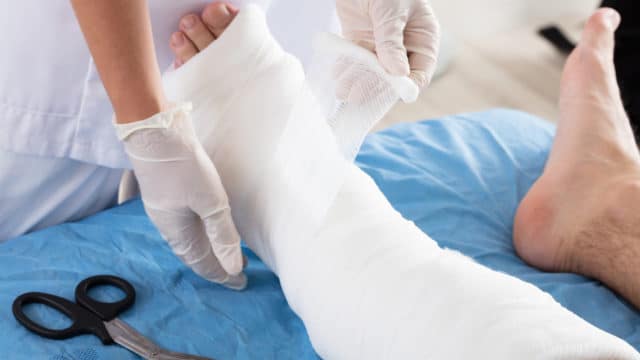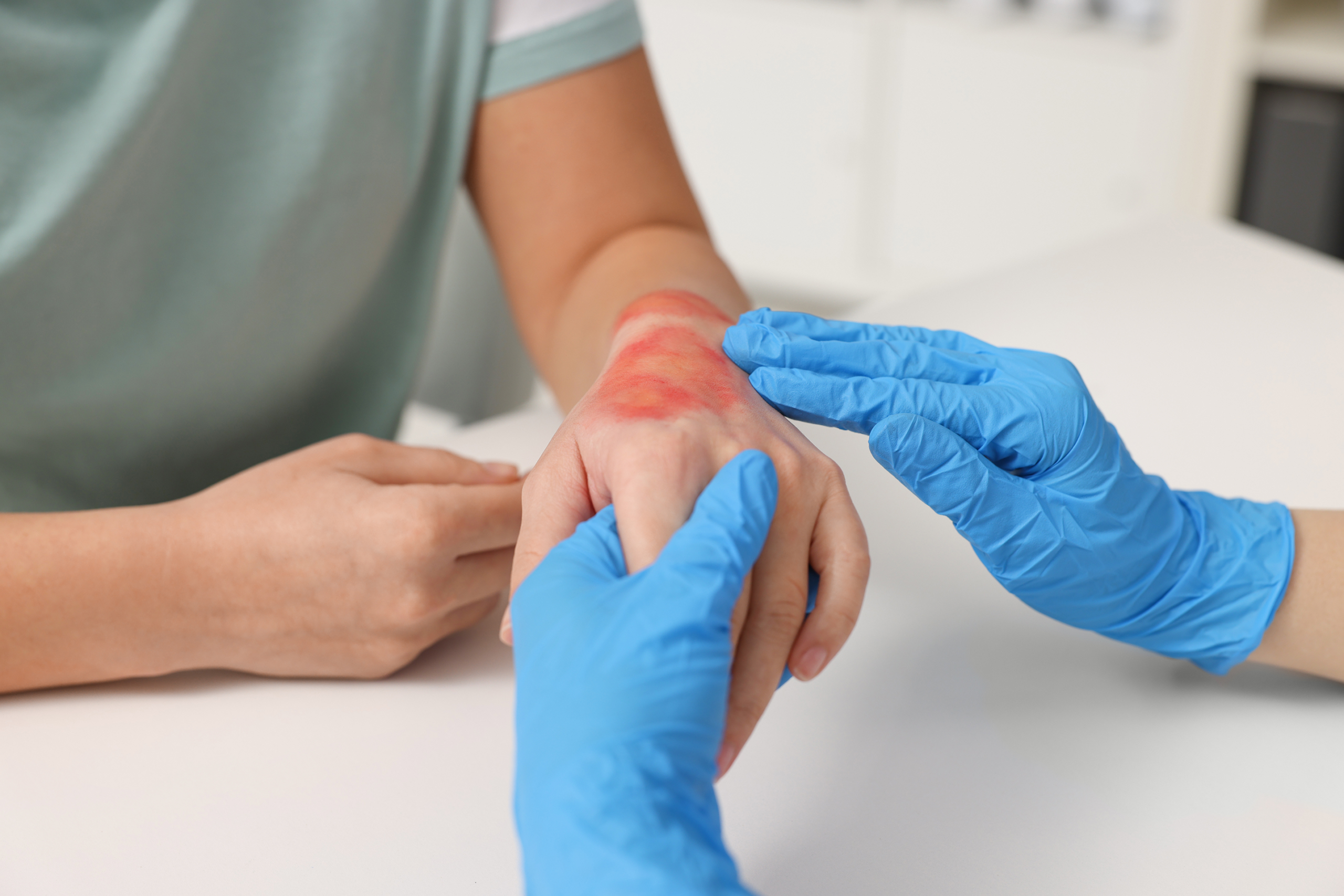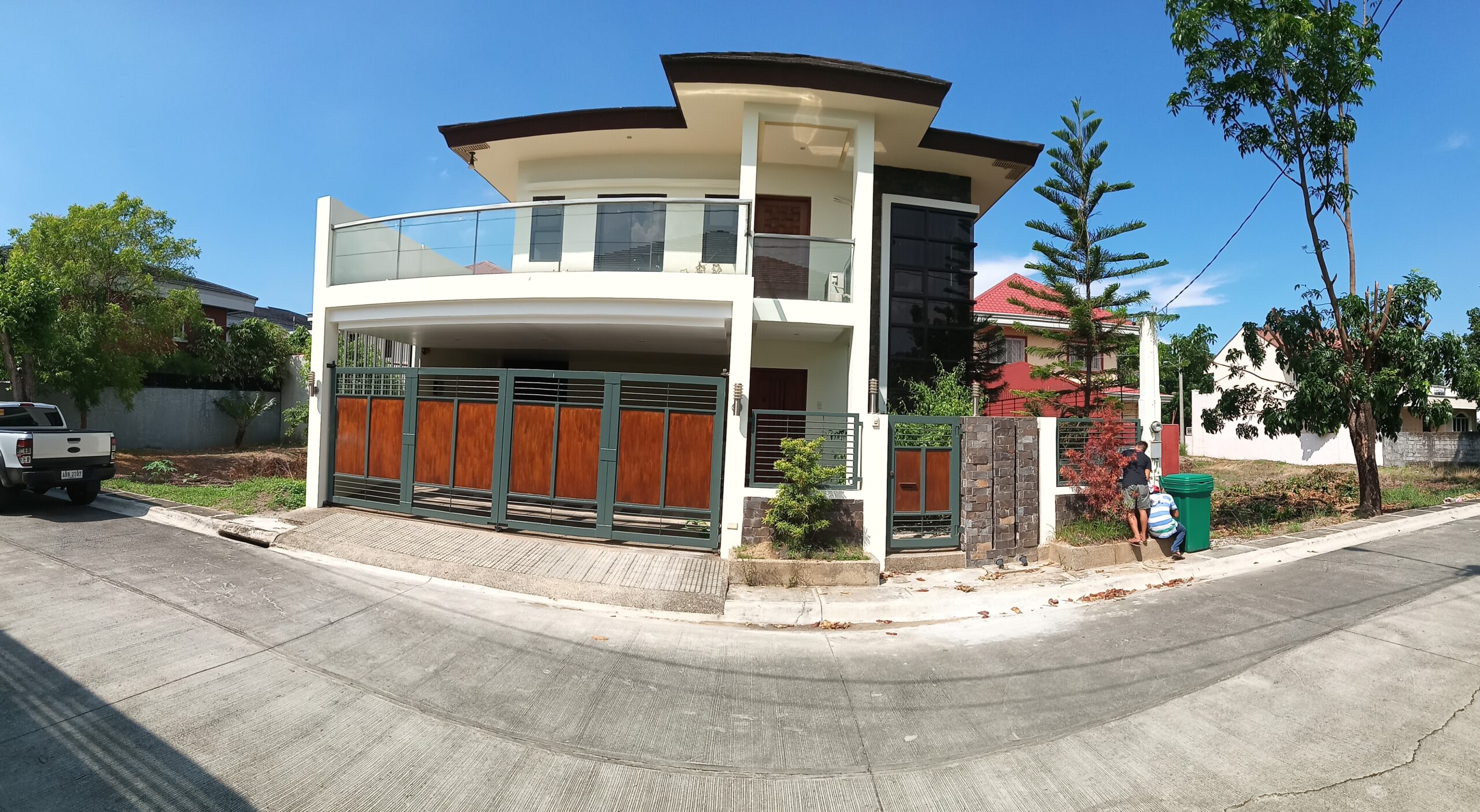Proper wound care is crucial for overall health, especially when wounds become chronic or infected. Wound Debridement Philippines provides a solution that removes dead or damaged tissue to promote faster healing and prevent complications. For many patients, chronic wounds are more than a physical issue—they affect daily life, mobility, and emotional well-being. Seeking professional care ensures that wounds heal efficiently while reducing the risk of infection or further complications. KALINGAP Wound Care Clinic in Quezon City offers compassionate, advanced wound care services designed to meet the specific needs of Filipino patients, combining technology with personalized attention.
What is Wound Debridement?
Wound debridement is a medical procedure that removes dead, damaged, or infected tissue from a wound to promote healthy tissue growth and accelerate healing. Removing nonviable tissue reduces the risk of infection, improves circulation in the affected area, and prepares the wound for further treatment.
Several methods exist for performing debridement. Surgical debridement involves the careful removal of tissue using medical instruments, while mechanical debridement uses specialized dressings or tools to clean the wound. Autolytic debridement harnesses the body’s natural processes, allowing enzymes and moisture to break down dead tissue gently. Enzymatic debridement involves the application of chemical agents to dissolve nonviable tissue, and ultrasonic debridement, an advanced technique used at KALINGAP, employs ultrasound waves to clean the wound precisely and efficiently.
Professional wound debridement not only accelerates healing but also enhances patient comfort and overall outcomes. Early intervention can prevent wounds from worsening and reduce the likelihood of costly and prolonged treatments.
Signs You May Need Wound Debridement
Identifying wounds that require debridement is essential for effective treatment. Signs that a patient may benefit from professional care include chronic wounds that have not improved over time, the presence of dead tissue or slough, and wounds that emit a foul odor. Pain, swelling, and redness around the wound site may also indicate the need for debridement.
Patients with diabetes, immune system conditions, or poor circulation should pay close attention to wounds that fail to heal. Timely intervention through Wound Debridement Philippines can prevent complications such as infections, tissue necrosis, or systemic issues.
Benefits of Professional Wound Debridement in the Philippines
Professional wound care offers numerous advantages. One of the primary benefits is faster wound healing. Removing dead tissue allows healthy cells to grow and restores the wound environment to support recovery. Reduced risk of complications, including infections and prolonged hospitalization, is another key benefit.
Professional care also improves patient comfort, ensuring wounds are treated safely and efficiently. A patient-centered approach tailors treatments to individual needs, particularly for patients with chronic wounds, diabetes, or other underlying health conditions. KALINGAP Wound Care Clinic integrates Filipino values of kalinga (care) and lingap (nurture) into every interaction, making patients feel supported and understood. Advanced technologies like ultrasonic debridement and negative pressure wound therapy enhance treatment outcomes while ensuring safety and comfort.
Wound Debridement Services at KALINGAP Wound Care Clinic
KALINGAP Wound Care Clinic provides specialized Wound Debridement Philippines services in Quezon City. The clinic emphasizes a holistic approach that addresses both the wound and the patient’s overall health. Each treatment plan is tailored to the individual, ensuring optimal results.
The medical team at KALINGAP is highly skilled in advanced wound care techniques. Staff members are trained to perform ultrasonic debridement and other evidence-based procedures, offering the highest level of care. State-of-the-art equipment and a patient-centered philosophy ensure that every procedure is performed safely, efficiently, and with compassion.
Affordability and accessibility are also central to KALINGAP’s mission. The clinic actively works to remove barriers to care through outreach programs, community partnerships, and cost-effective treatment strategies. Patients from underserved communities can access professional wound care without compromising quality.
Preparing for Your Wound Debridement Procedure
Preparation for a wound debridement procedure begins with a thorough medical assessment. Patients should provide complete information about their medical history, medications, and any allergies. This allows the medical team to tailor the procedure to individual needs and minimize risks.
Before the procedure, the wound area is carefully cleaned, and local anesthesia may be administered to reduce discomfort. Patients are guided on what to expect during the treatment, including the removal of dead tissue and possible sensations such as mild pressure or tingling.
Post-procedure, patients receive clear instructions on wound care, pain management, and follow-up appointments. Proper preparation and patient education ensure a smoother recovery and maximize the effectiveness of Wound Debridement Philippines services.
Caring for Your Wound After Debridement
After debridement, proper wound care is essential to support healing. Patients should follow instructions on cleaning, dressing, and monitoring the wound for signs of infection. Regular follow-ups with the clinic allow healthcare professionals to assess progress and adjust treatments as needed.
Nutrition and lifestyle choices also play a critical role in wound healing. A balanced diet, adequate hydration, and proper management of underlying conditions like diabetes contribute to faster recovery. Patients are encouraged to stay active within safe limits to maintain circulation and overall health.
By combining professional care, home management, and preventive strategies, patients can significantly improve outcomes and reduce the risk of wound recurrence. KALINGAP Wound Care Clinic provides guidance and support at every stage of recovery, ensuring patients feel empowered and confident in managing their health.
Why Choose KALINGAP Wound Care Clinic for Wound Debridement
Choosing KALINGAP means selecting a clinic that combines advanced treatment options with compassionate, patient-first care. The team is highly trained and experienced in Wound Debridement Philippines, delivering effective procedures using cutting-edge equipment.
KALINGAP emphasizes a holistic approach, addressing not only the wound but also the patient’s overall health and well-being. The clinic’s commitment to Filipino values ensures every patient receives care that is respectful, empathetic, and culturally sensitive. Community-focused programs, affordable services, and a dedication to improving quality of life make KALINGAP the preferred choice for wound care in Quezon City.
Takeaway
Professional Wound Debridement Philippines services play a crucial role in wound management, particularly for chronic or complex wounds. KALINGAP Wound Care Clinic provides expert care that combines advanced medical treatments with a compassionate, patient-centered approach. By addressing both the wound and the individual, the clinic empowers patients to achieve faster recovery, reduced risk of complications, and improved overall well-being.
Patients seeking reliable, accessible, and advanced wound care in Quezon City can trust KALINGAP Wound Care Clinic to deliver results with care, expertise, and respect. Schedule a consultation today to begin the journey toward healthier, fully healed wounds.
Frequently Asked Questions (FAQs)
How long does a debridement procedure take?
The duration varies depending on the wound size, type, and method used. Most procedures are completed within 30 to 90 minutes.
Is debridement painful?
Local anesthesia or pain management techniques are used to minimize discomfort. Patients may feel pressure or mild sensations during the procedure.
Can chronic wounds heal completely?
With proper treatment, monitoring, and lifestyle adjustments, chronic wounds can heal successfully. Early and professional intervention improves outcomes.
How often should debridement be done?
The frequency depends on wound type, healing progress, and underlying health conditions. A medical professional will recommend a schedule based on individual needs.
Are the services affordable?
KALINGAP Wound Care Clinic implements strategies to ensure care is accessible to patients from all backgrounds. Outreach programs and community support help reduce financial barriers.










